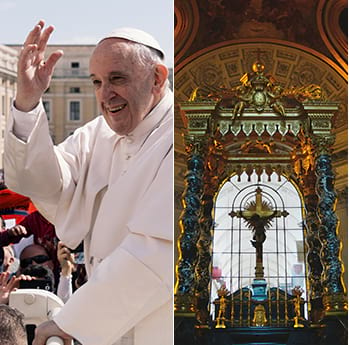In 1965, during the celebrations for the seventh centenary of Dante’s birth, our magazine published two articles aimed at dispelling a popular misconception among Italians about the attitude of the Jesuits toward the Divine Comedy.[1] This misconception arose thanks to a critique of the poem by a famous 18th-century Jesuit scholar and literary critic, Saverio Bettinelli.
Since then there has been no lack of attention given to his unhappy critique and to those who were quick to repeat Bettinelli’s judgement. Thus, over the centuries, the opinion of one of its members has been attributed to the entire Society, as if the Jesuits had excommunicated the poet!
In truth, in Jesuit schools Dante was not the most recommended of authors, a status attributed to the authors of classical antiquity. This was because the Jesuits only assigned a marginal place to the teaching of the Italian language in their academic programs. However, select groups of young people in those schools formed so-called “Academies,” whose members were allowed to read the Divine Comedy in a way that makes one think of future lecturae Dantis or Dante Readings.
An apologetic purpose
It is also possible that the Jesuit masters may have hesitated to recommend Dante’s poem to their students as the very period when their schools and colleges flourished was also the century that witnessed the breakup of Western Christianity with criticism of the institute of the papacy across Europe. In this sense, the cantos of the great poem that clearly denounced the vices and weaknesses of some popes may not have seemed the healthiest nourishment for youthful minds.
This article is reserved for paid subscribers. Please subscribe to continue reading this article
Subscribe
Welcome to
La Civiltà Cattolica !
This article is reserved for paid subscribers
Please login or subscribe to continue reading this article
























